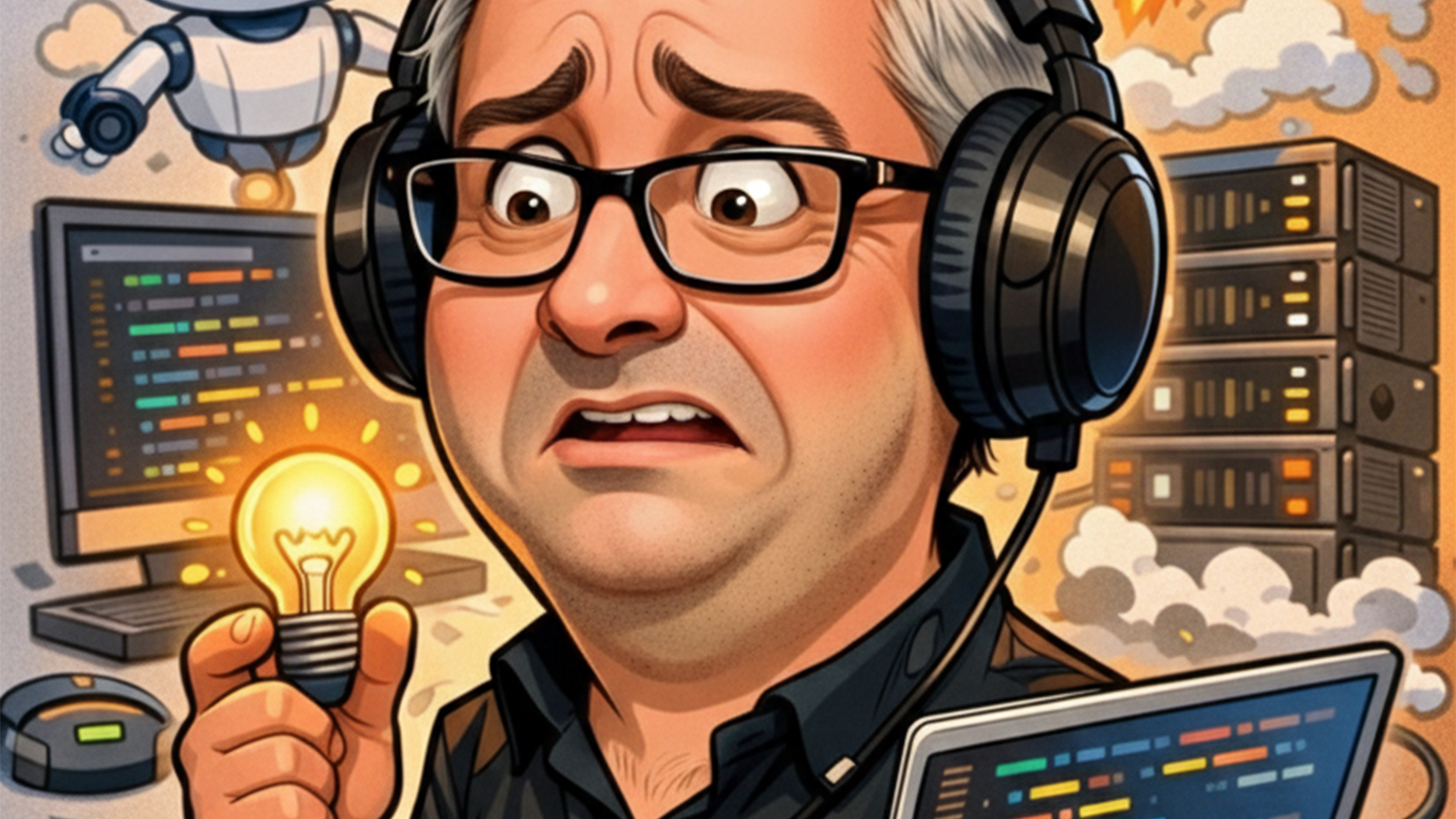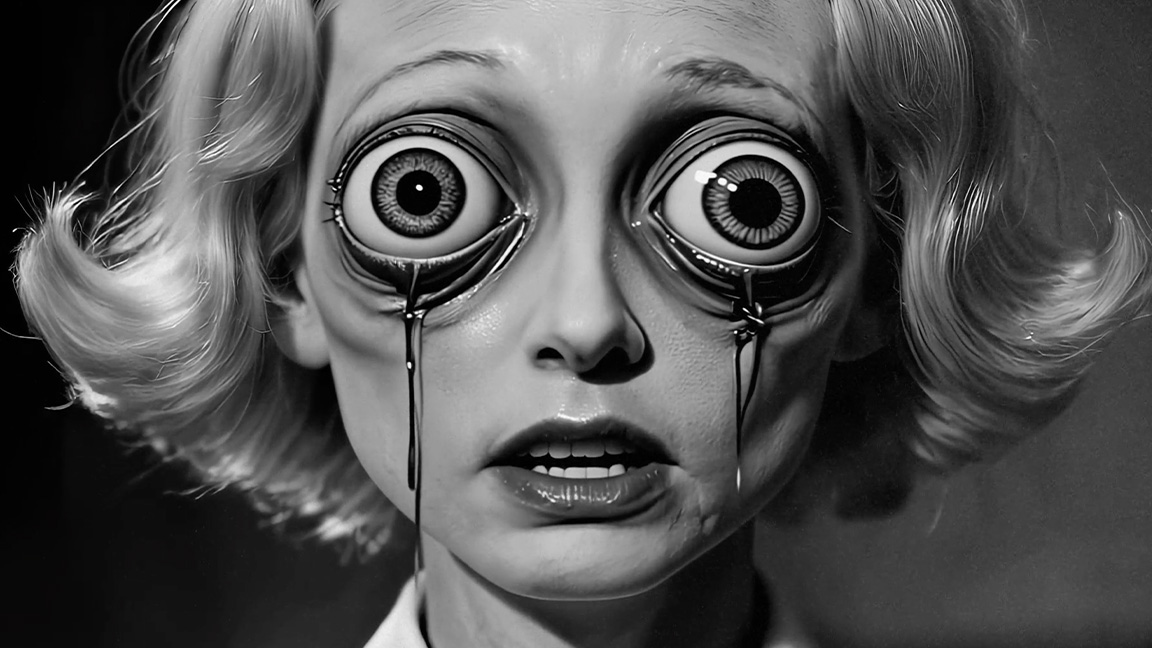
Sign up to Creative Bloq's daily newsletter, which brings you the latest news and inspiration from the worlds of art, design and technology.
You are now subscribed
Your newsletter sign-up was successful
Want to add more newsletters?

Five times a week
CreativeBloq
Sign up to Creative Bloq's daily newsletter, which brings you the latest news and inspiration from the worlds of art, design and technology.

Once a week
By Design
Sign up to Creative Bloq's daily newsletter, which brings you the latest news and inspiration from the worlds of art, design and technology.

Once a week
State of the Art
Sign up to Creative Bloq's daily newsletter, which brings you the latest news and inspiration from the worlds of art, design and technology.

Seasonal (around events)
Brand Impact Awards
Sign up to Creative Bloq's daily newsletter, which brings you the latest news and inspiration from the worlds of art, design and technology.
The art of filmmaking is always changing, and has been and is reliant on new creative tech; so naturally, AI is becoming a touchstone for how films are being made. Few voices have been as consistent in exploring the intersection of human creativity and emerging tools as Wonder Studios’ Justin Hackney. A traditional filmmaker with over 15 years in advertising and documentary work, Hackney has spent the last few years at the forefront of AI-assisted production, navigating both excitement and skepticism from the creative community.
“I’m more traditional filmmaking, right?” Hackney reflects during a break from Upscale Conference, the AI get-together organised by Freepik. “I didn’t get a chance to do too much VFX, I didn’t get a chance to do video games […] now it’s all overlapping. I could sit in a room with engineers, and we could speak the same language. I can illustrate an idea to a graphic designer, and then they can take it further. It’s fantastic, the kind of overlap between spaces and what that means for each individual and for the creative industries.”
Hackney’s journey into AI started with curiosity about the technology and a desire to bridge the gap between established workflows and new possibilities. After nearly a decade at a traditional agency, he was approached by OpenAI when its tools weren’t public, but its ambitions were clear. “I could see not only how incredible the technology already was, but where it was going,” he says. “Because of that resilience, because of the fear, because of a lot of factors, it made sense to lean in and help as many people as possible bridge to this technology.”
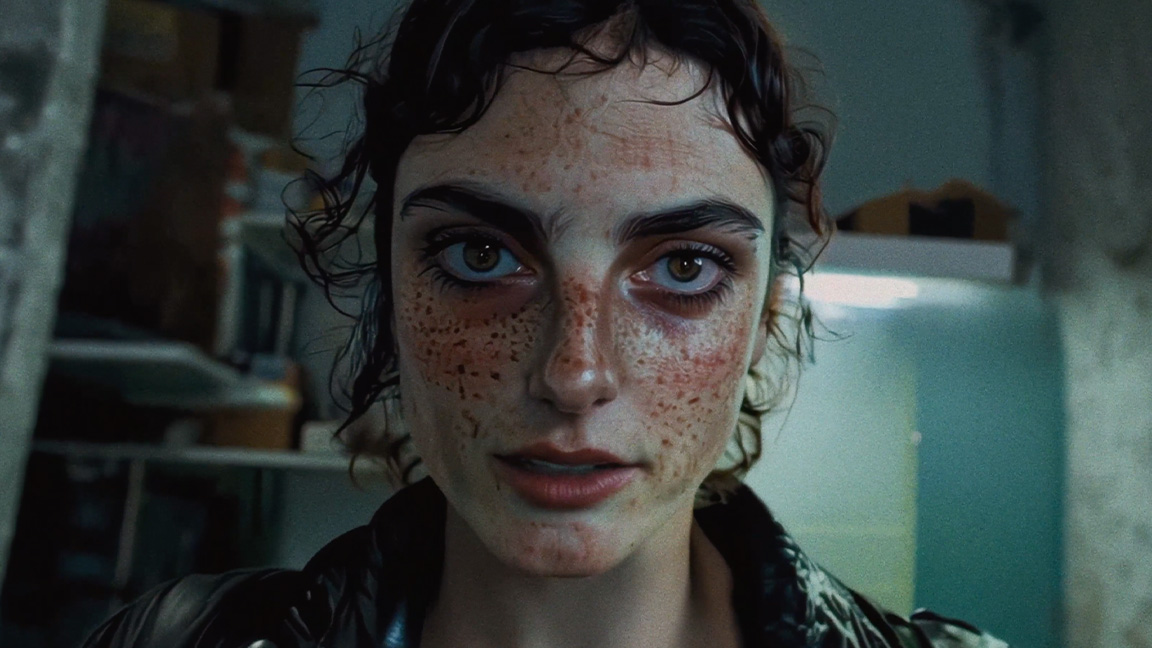
Merging the old and the new
That philosophy of bridging old and new runs through everything Hackney does. “If we’re all nodes, like neurons in a brain, the technology is branching into new spaces,” he explains. “It’s always been about collaboration. I don’t want to be a solo creator on a hill. I’ve always found excitement in field work with a team that brings ideas to the table.” His team’s initiatives include global competitions. Project Fantasy, for instance, saw 4,500 film submissions, and then there are school partnerships and collaborations with platforms like Freepik, all aimed at making these tools accessible.
Central to Hackney’s approach is what he calls hybrid production: combining AI with traditional filmmaking to enhance creativity rather than replace it. “Any project, even a pure AI project, is going to be edited by a human being,” he stresses. “We lean into hybrid production […] from concept to understanding budgets to style transfer on a shoot day. We’re always looking to make a better film, rather than doing something purely for AI’s sake.”
Hackney is also candid about the challenges within the industry, particularly the perception of AI. “A lot of people see AI, and their gut reaction is, okay, no human was involved. Even if there’s a human behind it, a lot goes on behind the scenes – craft, taste, personal choice – that wouldn’t be possible without these tools.” He notes that while thousands of submissions in AI film competitions arrive, only a fraction reach a high standard, demonstrating that technology is no shortcut to quality.
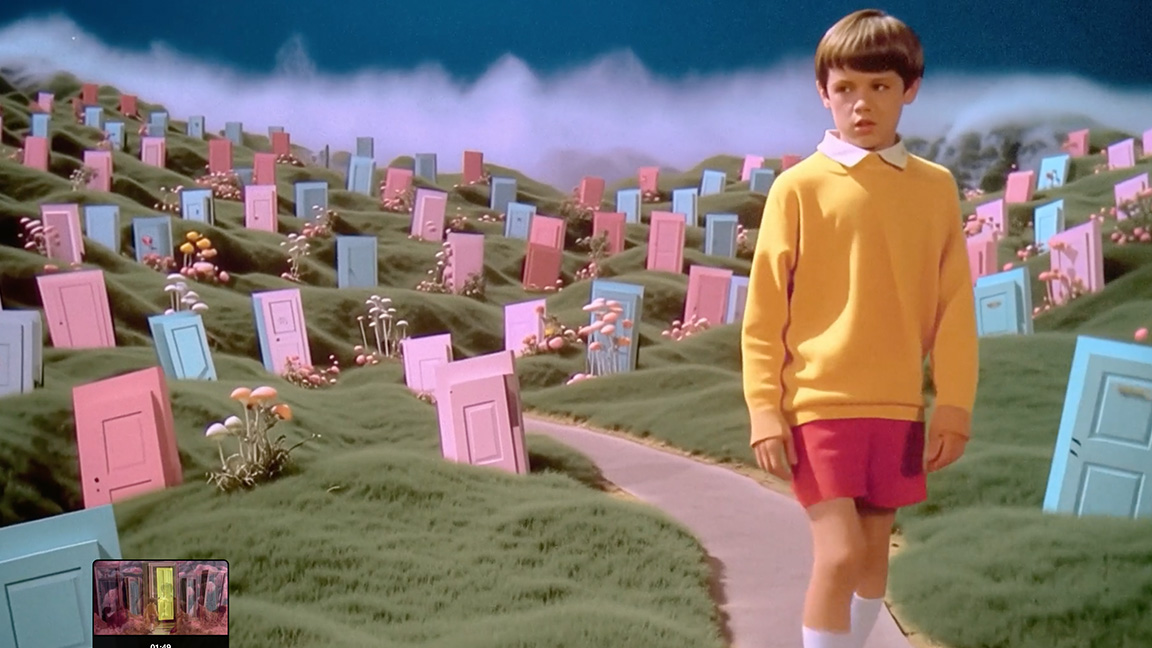
AI with a human touch
This focus on the human touch extends beyond production. Hackney sees AI as a playground for creativity, whether in music, illustration, or experimental filmmaking. “I play guitar badly,” he says with a laugh. “I like to dabble. Not everyone with a guitar is going to tour. It’s having access that matters. AI gives that access for everyone in the creative sphere.”
Sign up to Creative Bloq's daily newsletter, which brings you the latest news and inspiration from the worlds of art, design and technology.
He also cautions against over-regulation too early, arguing that creatives will simply move to jurisdictions that allow freedom, and that global education and up-skilling should take priority. “Until we have a good grasp, we should be cautious about over-regulating. Invest in understanding the technology, and more people will be able to explore where regulation makes sense rather than reacting out of fear.”
Hackney draws historical parallels between photography and the internet, noting that technological upheavals always provoke fear before eventually opening up new creative possibilities. “The exciting part is what comes next,” he says. “We’re moving into a world where anyone can freely create and explore. Does that mean everyone will make incredible work? No. But industries will evolve and expand, and it will be more creative and free than ever.”
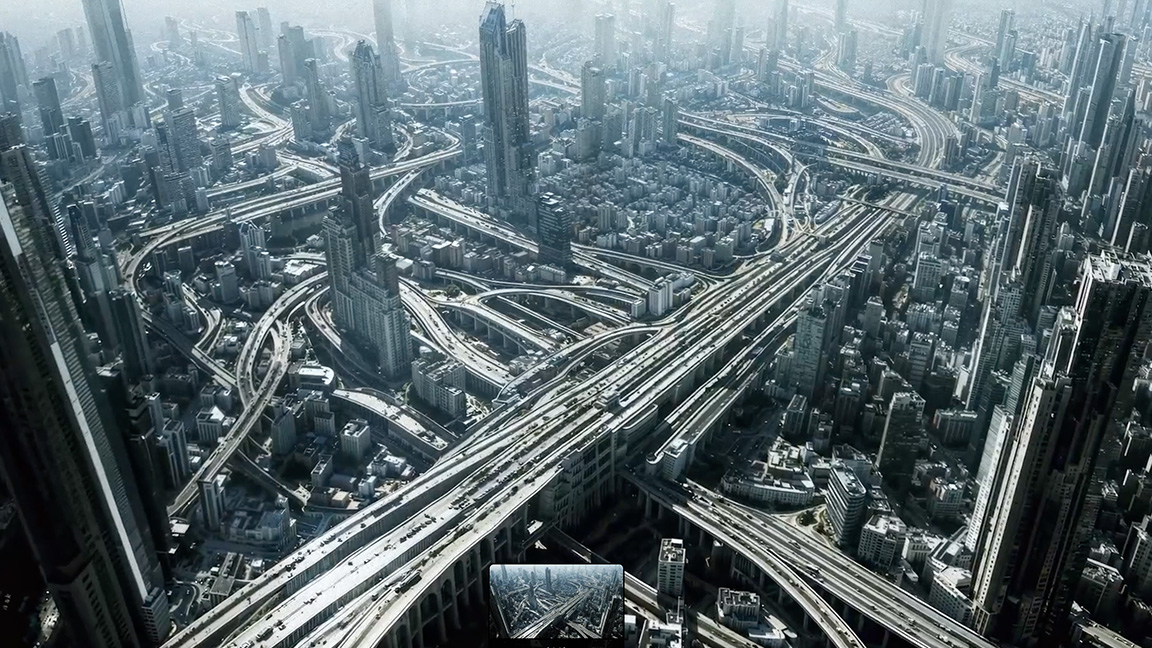
Unlocking creativity
For Hackney, AI isn’t about replacing human creativity; it’s about unlocking it. It’s a tool for exploring ideas, experimenting safely, and connecting disciplines that might have remained siloed. As the industry continues to wrestle with new technology, his advice is simple: get hands-on, embrace collaboration, and don’t let fear of the unknown stifle creativity.
“We’ve had times like this before,” he reflects. “In the ’90s, with MTV, the dawn of the internet, 3D, and The Matrix, everything was expanding. We go through fear, then embrace it, and art becomes pure again. Now, AI is just the next evolution of that cycle.”
In Hackney’s view, the potential of AI isn’t just in the output it creates, it’s in the freedom, access, and collaboration it enables. And that, ultimately, could be the most revolutionary aspect of all.
Visit the Wonder Studios website to watch original short films like Ikona 2, Memory Maker, and The Hill. Visit Freepik to start using AI models and tools.

Ian Dean is Editor, Digital Arts & 3D at Creative Bloq, and the former editor of many leading magazines. These titles included ImagineFX, 3D World and video game titles Play and Official PlayStation Magazine. Ian launched Xbox magazine X360 and edited PlayStation World. For Creative Bloq, Ian combines his experiences to bring the latest news on digital art, VFX and video games and tech, and in his spare time he doodles in Procreate, ArtRage, and Rebelle while finding time to play Xbox and PS5.
You must confirm your public display name before commenting
Please logout and then login again, you will then be prompted to enter your display name.
